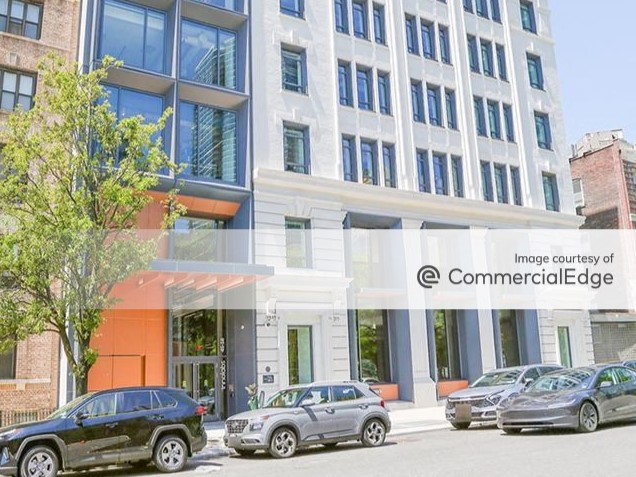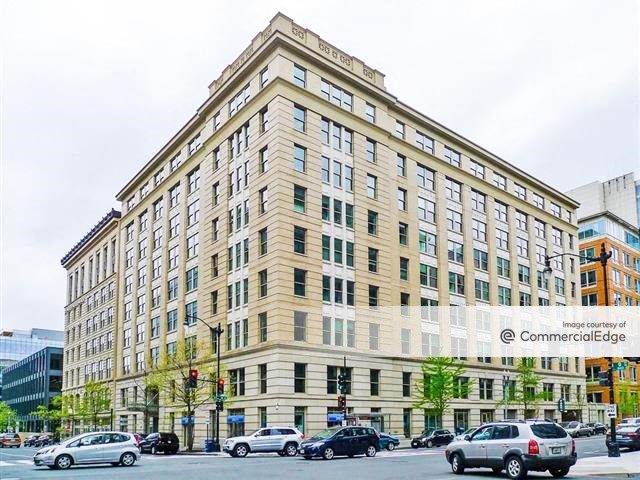Expect Increased Property Taxes
Commercial property owners are a tempting target for cash-strapped governments dealing with fallout from COVID-19, writes Morris A. Ellison, a veteran commercial real estate attorney.
Macro impacts of the microscopic COVID-19 virus will subject the property tax system to unprecedented strains, raising the threat that local governments will turn to property tax increases as a panacea for their fiscal woes.
Local governments face formidable financial challenges. One article by Smart Cities Dive suggests that the crisis will blow “massive holes” in municipal budgets, with 96 percent of cities seeing shortfalls due to unanticipated revenue declines. The Washington Post reported that more than 2,100 U.S. cities expect budget shortfalls in 2020, with associated program cuts and staff reductions. The National League of Cities recently estimated that the public sector has lost over 1.5 million jobs since March. Governmental temptation to increase the tax burden on commercial properties will be difficult to resist.
Commercial property owners face similarly unprecedented challenges. Many owners of properties that traditionally served long-term uses for hospitality, retail, office and restaurant activities are now questioning whether those uses will continue. Many properties will need to be repurposed, but to what? Some owners are reportedly considering converting hotels to apartments, for example.
Property taxes are a major component of the costs landlords must examine in determining when and how to reopen. High property taxes, which are generally passed along to commercial tenants, will exacerbate those business’ economic problems. While owners can influence some occupancy costs, others, such as taxes and insurance, are largely beyond their control.
Rates, dates and values
Real estate taxes reflect both taxation rates and assessed values, but property tax appeals must focus on a property’s value. Values hinge on key concepts such as valuation dates, capitalization rates, and highest and best use. The property tax system assumes that values change only gradually, often assessing a property’s value by creating a fictitious sale between a willing buyer and seller on a statutorily defined valuation date.
With valuation dates set in the past, assessors tend to value through the rearview mirror. Looking to make a deal, investors, by contrast, look prospectively in deciding whether to buy or sell a property. These viewpoints can clash, particularly when events affecting value occur after the valuation date.
That is why the commercial property owners clamoring for immediate property tax reductions will likely be disappointed, at least until a tax year when their statutorily mandated valuation date postdates COVID-19’s onset.
For example, if a taxpayer’s bill is based on a fictional sale occurring on Dec. 31, 2019, before the black swan of COVID-19, the assessor is statutorily bound to value the property at its pre-pandemic value.
Some jurisdictions maintain a valuation date for years. That value may change substantially once the valuation date postdates early March 2020, but few state statutes will authorize revaluations based on COVID-19 as a “changed circumstance.” A pre-COVID-19 valuation could therefore burden a property for years.
Like the systemic market downturn of 2008, the COVID-19 pandemic will create great uncertainty in capitalization rates, which reflect risk associated with a property’s income. This will provide good fodder for argument in tax appeals. The difference this time may be the added uncertainty surrounding the highest and best uses of various commercial properties.
In negotiating a transaction involving income-producing properties, prudent parties analyze future trends. Looking forward, they would interpret weakening tenancy with heightened risk associated with occupancy, rent collections and overall tenant credit-worthiness. They would know that tenants’ missed rent payments can lead owners to miss mortgage payments, which can lead to foreclosure.
Contrary to this real-world tendency to look ahead in a transaction, assessors have often assumed a property’s highest and best use is its traditional or current use. Trends of working remotely, social distancing, and the rapid, dramatic shift to online retailing turn this assumption on its head.
Obsolescence issues
Some businesses that closed during the pandemic, including many retailers, may never reopen. Anecdotal evidence of the market shift is manifold. Even before the COVID-19 pandemic, analysts were describing the shift to online retail as “apocalyptic” for many brick-and-mortar stores. Seasoned retailers including Neiman Marcus, Pier 1 Imports and J. C. Penney have declared bankruptcy. Many hotels have only been able to meet debt service obligations by tapping heretofore sacrosanct capital reserves, and airline travel has fallen off a cliff. In April, CNBC estimated that 7.5 million small businesses may not reopen. UBS projects that 20 percent of American restaurants might close permanently.
Social distancing rules that reduce restaurants’ serving capacity may remain in place indefinitely. Combined with the loss of clientele, such as office workers that no longer work nearby, these conditions could mean closures for low-margin restaurants. Increasing occupancy costs and revenue declines accompanied by increased taxes could tip the balance.
Office values have historically been less volatile than retail property values, but this may change with the move to remote work. Change will be less apparent where many tenants remain subject to long lease terms, but some form of remote working is likely here to stay, and this suggests office tenants may well need less or different space.
Will an office tenant renew its lease? If so, at what rate? And will the tenant downsize? A key indicator of a weakening market is when tenants with long terms remaining on leases sublet space. In a declining market, tax assessors seldom look behind historic income statements to consider these weaknesses, which should be a risk reflected in the capitalization rate.
Don’t delay tax planning
Retail, office, and hospitality property values almost certainly will decline, at least in the short run. For transactional and property-tax purposes, commercial property owners should examine carefully whether the property’s “highest and best use” has changed. Local governments that ignore these market changes in an effort to generate short-term tax revenues may exacerbate their long-term revenue problems.
Smart property owners may be able to mitigate the fallout by focusing tax appeals on the concepts of valuation date and highest and best use. They should also note the uncertainty inherent in capitalization rates.
Tax appeals in 2020 may prove especially challenging for cash-strapped commercial taxpayers because statutorily mandated valuation dates likely predate COVID-19. However, the longer-term risk rests with local governments. If they ignore changes in highest and best uses, and if taxing authorities fail to account for the increased risk in capitalization rates, governments may unwittingly increase the pandemic’s economic damage.
Morris A. Ellison, Esq. is a partner in the Charleston, S.C., office of the law firm Womble Bond Dickinson (US) LLP. The firm is the South Carolina member of American Property Tax Counsel, the national affiliation of property tax attorneys. He can be reached at morris.ellison@wbd-us.com.








You must be logged in to post a comment.